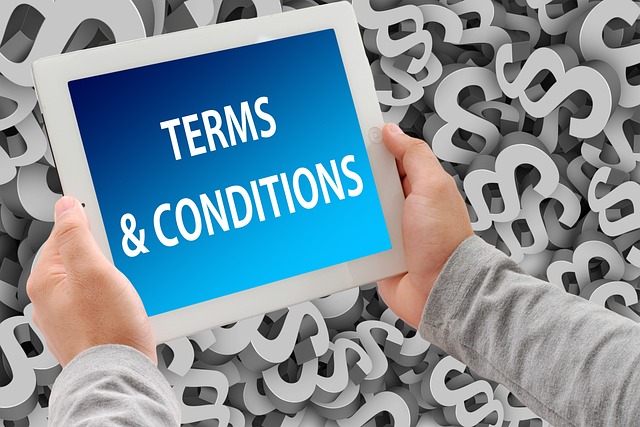Mortgage Assumptions
What happens when you assume?

In a MORTGAGE ASSUMPTION, A third party takes over your mortgage, brings it current, and continues paying it. Some servicers and investors are waiving the assumption clause in the original mortgage contract and allowing QUALIFIED arm‟s-length assumptions to avoid foreclosure.
- Some mortgages are assumable while others are not. Look at your original mortgage documents or ask your lender. The person assuming the mortgage must qualify with a good credit score, good debt-to-income ratio, and strong credit history.
- See a lawyer before you proceed with a mortgage assumption because when someone else assumes the mortgage, they become the new owners of the home. It may work, but you need to fully understand it and avoid some major pitfalls.
- Sometimes, adult children assume their parents‟ mortgage or vice versa in order to keep the equity (the amount of the house that you own) from being lost to foreclosure and to keep the equity within the family. Consider this if you have an assumable mortgage; have a lot of equity in your home; and have a relative who has the money, credit, and willingness to assume the mortgage.
- DO NOT WORK OUT AN ASSUMPTION with strangers or real estate companies who claim to want to “save your house.” There are scammers in the community that will offer to assume the mortgage and allow you to become a renter. While you are “renting” from them, they can “strip” or take the equity in the home and often times will leave town allowing the home to foreclose anyway.
Pros
No need to qualify for a new loan
Person assuming the loan may get a lower interest rate if the existing loan has better terms
Can save on closing costs associated with a new mortgage
Can be quicker than the process of obtaining a new loan
Can be beneficial among family members aiming to retain home equity within the family
Cons:
Not all loans are assumable
The assuming party must meet the lender’s credit and income requirements
Liability for the original borrower if the new borrower defaults
Requires legal oversight to ensure the process is handled correctly
Risks related to scams from third parties claiming to “save your house” by assuming the mortgage and stripping equity